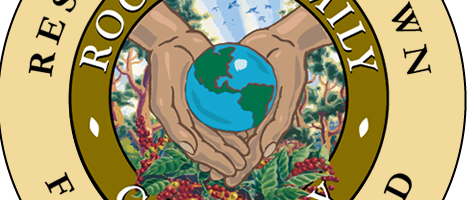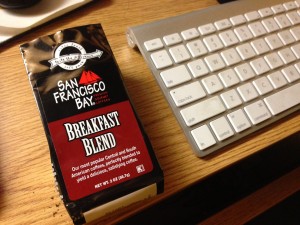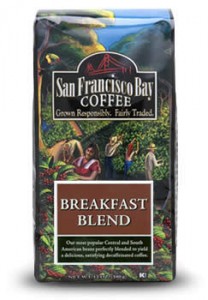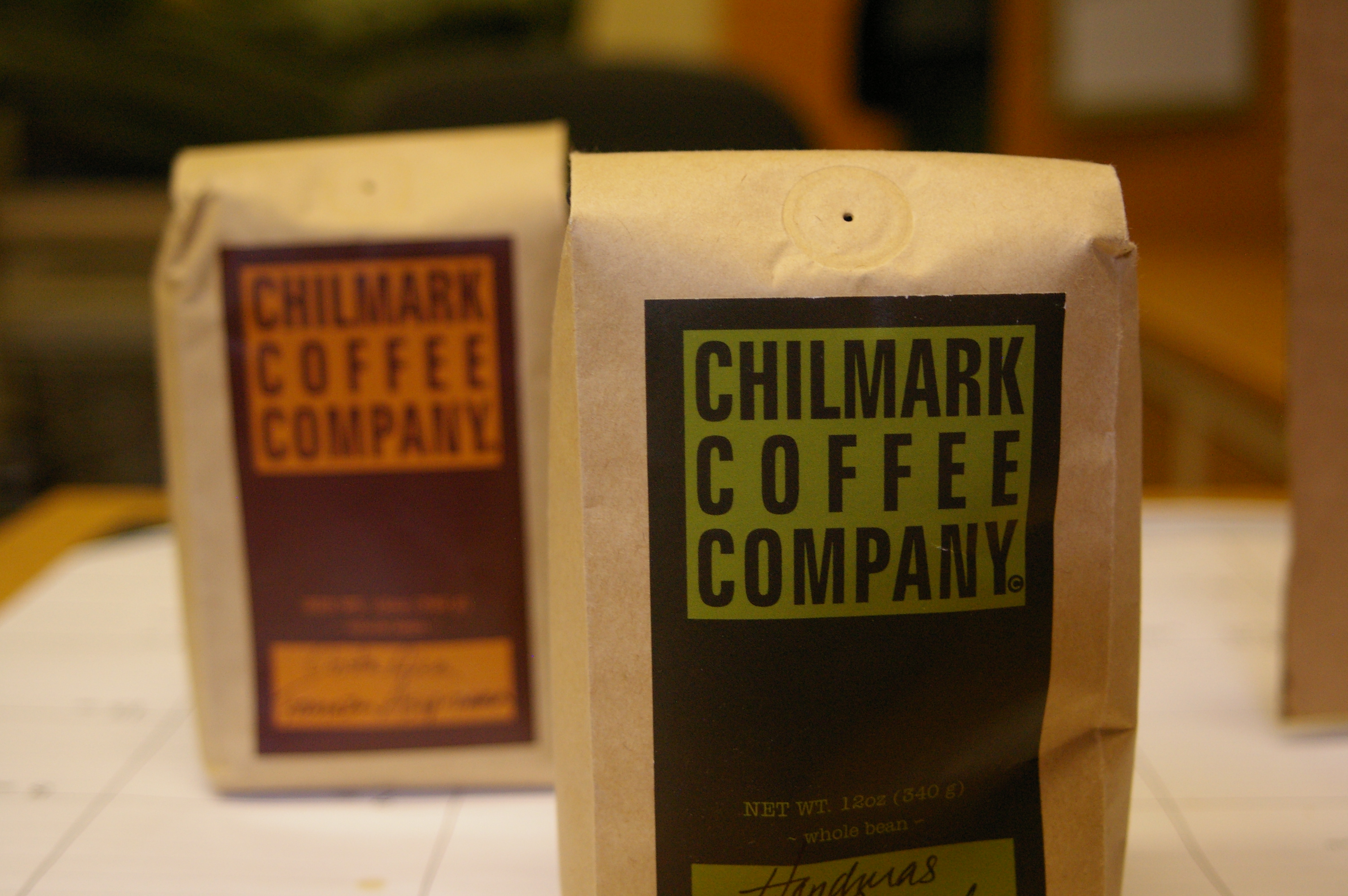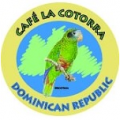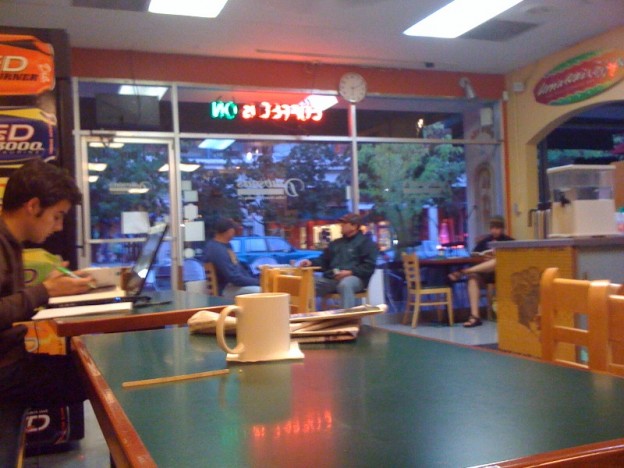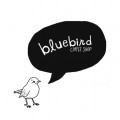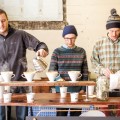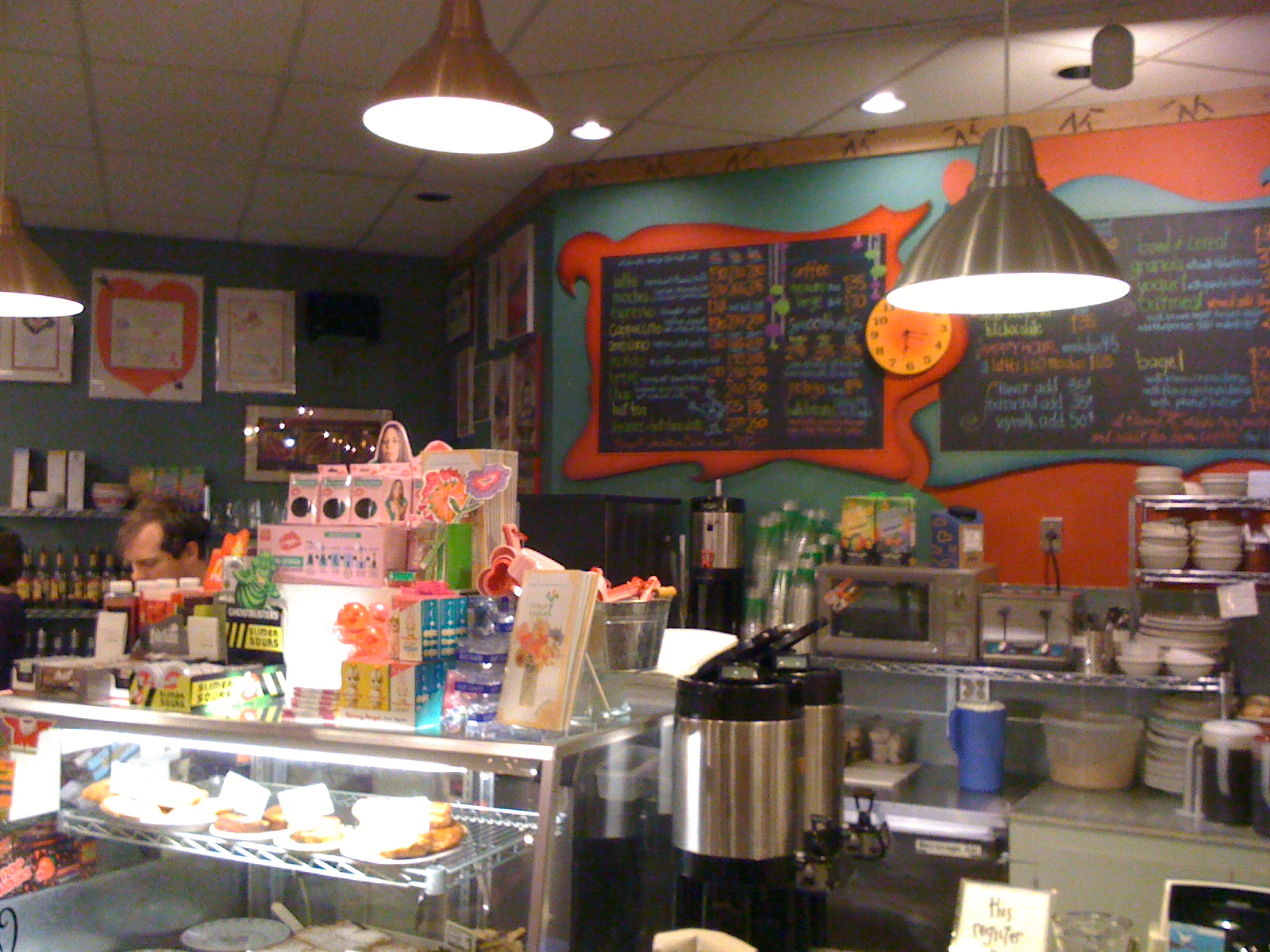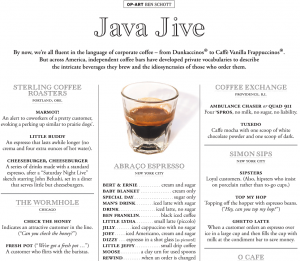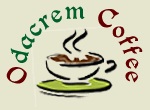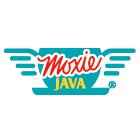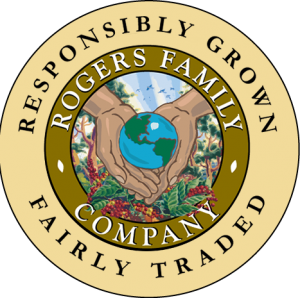 Commodity coffee and specialty coffee are viewed as polar opposites in the coffee community today. In reality, they are appealing to two very different markets. On one hand, commodity coffee is looking for the every day coffee consumer that grew up drinking tar from a mug. They want to wake up, open their can of coffee grounds (a la Maxwell House or Folgers), and feel the familiar “click” of pressing the button on their time-weathered coffee pot. Specialty coffee, on the other hand, is meeting the needs of the coffee enthusiast and the coffee professional. Often, all it takes for the “every day consumer” to turn into the “coffee enthusiast” is to have a single cup of specialty coffee. Still, the division exists. Coffee enthusiasts and professionals are seeking to upgrade their ritual to the whirrr of a burr grinder and the smell of their brew as it blooms in a Chemex or V60.
Commodity coffee and specialty coffee are viewed as polar opposites in the coffee community today. In reality, they are appealing to two very different markets. On one hand, commodity coffee is looking for the every day coffee consumer that grew up drinking tar from a mug. They want to wake up, open their can of coffee grounds (a la Maxwell House or Folgers), and feel the familiar “click” of pressing the button on their time-weathered coffee pot. Specialty coffee, on the other hand, is meeting the needs of the coffee enthusiast and the coffee professional. Often, all it takes for the “every day consumer” to turn into the “coffee enthusiast” is to have a single cup of specialty coffee. Still, the division exists. Coffee enthusiasts and professionals are seeking to upgrade their ritual to the whirrr of a burr grinder and the smell of their brew as it blooms in a Chemex or V60.
Is it possible to meet somewhere in the middle? My initial response is no. But Rogers Family Company challenged this notion when they sent me four of their coffees to try: the Fog Chaser, French Roast, Colombia Supremo, and Breakfast Blend. Let’s get started.
The Rogers Family Company (RFC) website is wrought with large, high definition images all throughout. It touts specials, coupons, and various tiers of pricing, and is easy to navigate. It’s clear they have a great team of professionals that know what they’re doing, but ironically it lacks the very thing that stands out about their name: a sense of family. It feels more like the Walmart of coffee than it does a small-town Mom & Pop store. That’s not necessarily a negative, but it’s something that jumped out at me.
The coffee that I received was pre-ground and in sample-size 2oz bags. The ground size wasn’t specified on the bag or on the included receipt, and the bags weren’t resealable. This meant two things for me: first, I didn’t know what I was supposed to brew it with. I opened one of the bags and saw that it was probably a slightly-coarse Medium grind, which means trying the coffees in a French Press was a no-go; luckily my press pot broke a couple weeks ago anyways. That leaves me with an Aeropress and Clever. Luckily, both of these brewers do a good job of extracting the unique tastes of coffees even if the grind size isn’t perfect.
The second thing this meant for me is that I would have to consume all of the coffee relatively quickly. Despite the bags’ claims that the “specialty valve” on the packaging, combined with the vacuum sealing, kept the coffee at “roaster fresh” taste, ground coffee is ground coffee. I didn’t know when it was roasted, when it was ground, or how long it was exposed to air before being packaged. As soon as I cut the top off each bag it was go time. Ground coffee takes about two or three days to go stale when directly exposed to air.
Because I only received sample sized bags, I can’t speak for the usual customer experience when RFC ships out coffee. But I can say this – a little bit of detail goes a long way. Tonx coffee, for instance, provides zip-lock resealable tops built into their bags. In addition, while I was sent pre-ground coffee, whole bean coffee is the default setting when you go to purchase form RFC’s website. I recommend to always buy whole bean coffee so that you can grind it to the proper size for whatever brew method you choose. In addition, whole bean coffee stays fresher longer.
When it comes to taste, RFC walks a fine line between commodity coffee and specialty coffee. The coffee I was sent to test was under their “San Francisco Bay” name, which appears to be their flagship brand. It’s all arabica coffee, so in that sense it is very much on the specialty coffee side of things. However, with one exception, the coffees all seemed rather mediocre. Not bad, not awful, not gross. But definitely not up to par with Intelligentsia, Counter Culture, or Stumptown. Still, it’s worth pointing out the good and bad in each individual roast.
Unsurprisingly, this coffee had a hazy taste, with some dark woody notes. Aptly named, to be sure. It flared with some acidity on the edges of my tongue, which was welcome, but overall played very bland notes. Hints of apple and wood – or is it applewood? – floated in and out of the cup. I didn’t dislike this roast, but it didn’t especially stick out.
Very palatable coffee, and definitely closer to specialty coffee quality. This was my second favorite roast and provided rich, earthy tones. It had some slight burnt notes as well, which were unwelcome. Overall, this coffee was worth a second cup.
This was by far my least favorite of the four. The packaging reads, “We roast this longer, turning the beans almost black, and brining the natural oils out, for an intense, caramelized taste.” In my tests I could see what they meant by “carmelized” and “oils,” but I don’t think it had the desired affect. The coffee tasted like ash and was closer to Starbucks than it was to anything else. Which, I suppose, is still a leg up from Folgers, so it’s not all bad.
This was easily my favorite roast. The coffee smelled delicious coming out of the package and while brewing. It produced a light and easy going cup, but with a nice solid body. It was consistent with a smooth finish, and I thoroughly enjoyed drinking it. Notes of maple and oak permeated the cup, and I can definitely say it would have gone nice with some bacon and flapjacks.
I think RFC believes in their product, and strives to make it the best that they can. I also think they are appealing to a different audience than, say, Counter Culture Coffee is. Nowhere on their website do they tout the “specialty coffee” moniker – instead they refer to their product as gourmet coffee. And in that sense, they 100% accomplish their goal. RFC’s product is better than any you will pick up in a can from your grocery store – it really is gourmet. Can a company walk the line between commodity coffee and specialty coffee? Rogers Family Coffee appears to do it with ease and, if appearances are any indication, it has served them well.
In principle I cannot recommend them above Tonx, Stumptown, or your local specialty coffee roaster. I can say that if you need an alternative to the stale can of Folgers sitting in your cupboard, RFC is definitely a step up. Their business principles are solid, their product is good, and they have a passion for what they do.
The Coffee Guy
Find Rogers Family Coffee here:
